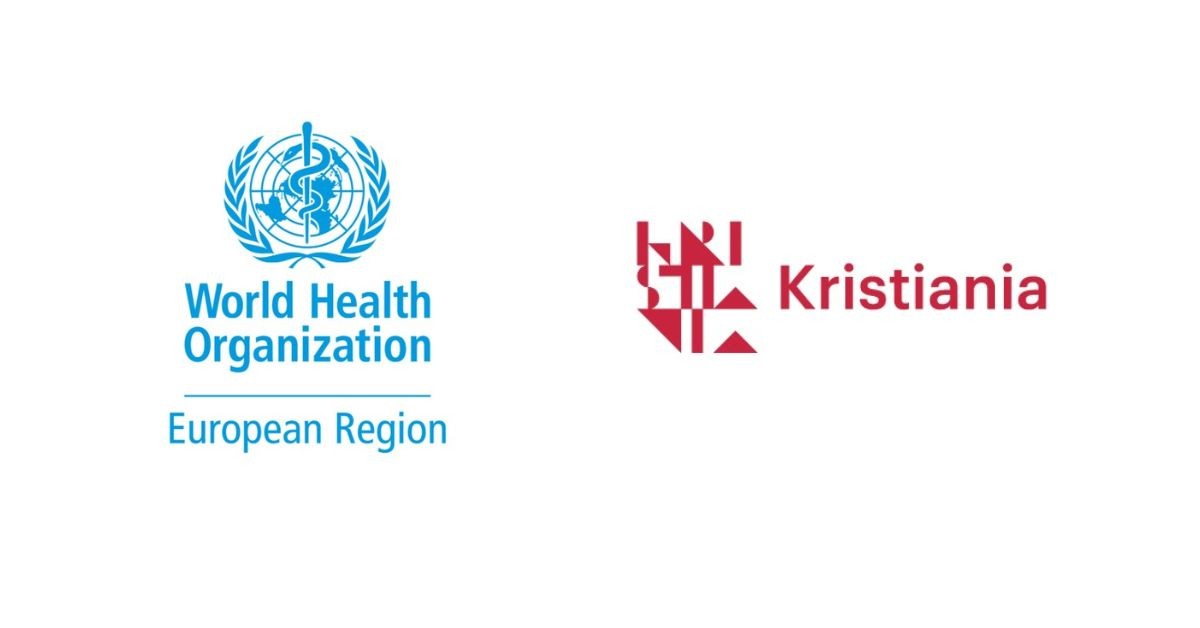Kristianiafrokost: Slik får vi folk til å stole på helseråd under kriser
Når krisen rammer, trenger folk informasjon og gode råd for hva de skal gjøre. Kommunikasjon er en nøkkelkompetanse for at myndighetene og helsepersonell skal nå gjennom med forskningsbasert kunnskap.
Kristiania er utpekt som samarbeidssenter for WHO innen risikokommunikasjon, samfunnsengasjement og håndtering av infodemier.
I denne frokosten gir vi råd om hvordan akademikere og praktikere kan samarbeide for å nå ut med faktabasert informasjon til alle deler av befolkningen under en krise.
Velkommen!
Dato: tirsdag 25. mars 2025
Tid: 08.30-09.30 (enkel frokost og kaffe fra kl. 08.00)
Sted: Kirkegata 23-25, 7. etg., Høyskolen Kristiania
Streaming: Recording of the live stream here
The event is free and will be held in English
Meld deg på / Please register here
(The event is free, but registration for attendance at campus event is mandatory)
Program:
08.00-08.30: Breakfast and registration
08.30-08.35: Welcome by Trine Johansen Meza, Rector, Kristiania University of Applied Sciences
08.35-08.40: Opening remarks by Ihor Perehinets, Regional Emergency Director, WHO-Europe
08.40-08.45: Innovations for translating technical information to tools for practice, by Audra Diers-Lawson, Professor and Head of the WHO-Europe Collaboration Centre for Risk Communication, Community Engagement, and Infodemic Management (RCCE-IM), Kristiania University of Applied Sciences
08.45-08.55: The importance of academic and practitioner engagement for improving outcomes in public health emergencies, by Cristiana Salvi, Regional Advisor, Risk Communication, Community Engagement and Infodemic Management, Health Emergencies, WHO Regional Office for Europe
08.55-09.25: Debate: How do we ensure people understand and trust health advice during crises?
Panelists:
Audra Diers-Lawson, Professor and Head of the WHO-Europe Collaboration Centre for Risk Communication, Community Engagement, and Infodemic Management (RCCE-IM), Kristiania University of Applied Sciences
Cristiana Salvi, Regional Advisor, Risk Communication, Community Engagement and Infodemic Management, Health Emergencies, WHO Regional Office for Europe
Heather Munthe-Kaas, Researcher, Centre for Epidemic Interventions Research (CEIR), Norwegian Institute of Public Health
Øyvind Ihlen, Professor, Department of Media and Communication, University of Oslo
Moderator: Kristi Bache, Pro-Rector, Research and Development, Kristiania
More about the panelists:
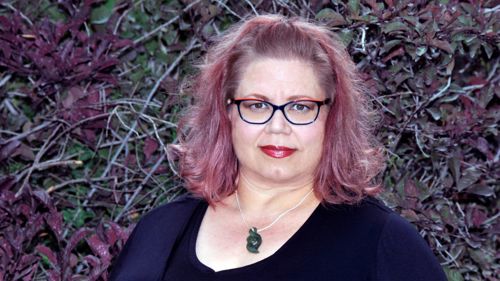
Audra Diers-Lawson
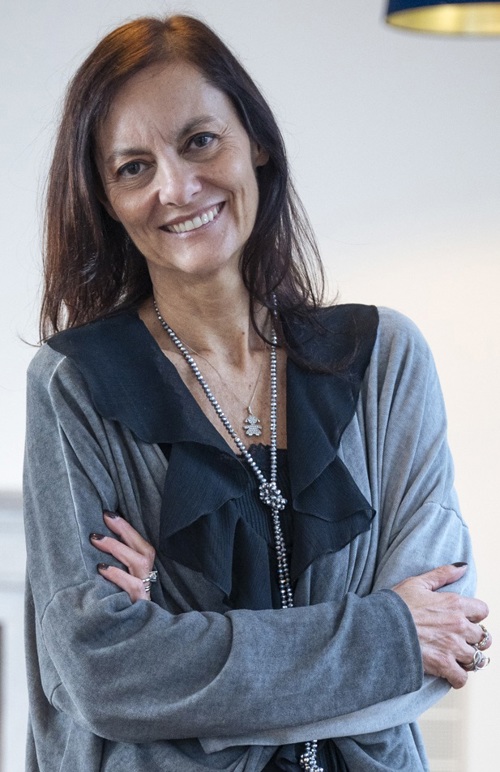
Cristiana Salvi
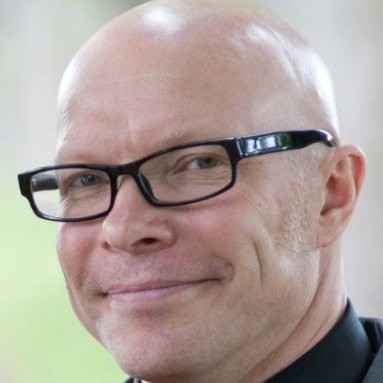
Øyvind Ihlen
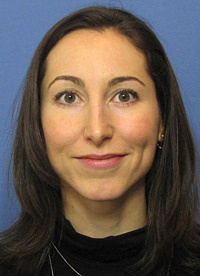
Heather Munthe-Kaas

Kristi Bache
Kristiania er utpekt som første samarbeidssenter for WHO innen risikokommunikasjon, samfunnsengasjement og håndtering av infodemier. Fagfeltet spiller en nøkkelrolle i effektiv beredskap, respons og motstandskraft under helsekriser. God kommunikasjon og tillit mellom befolkningen og helsemyndighetene kan bidra til at folk beskytter seg selv bedre, og er en motbør mot rykter og feilinformasjon.
Mer informasjon:
WHO samarbeidssenter ved Kristiania - forskningsgruppen
WHO velger Kristiania som samarbeidssenter
WHO. Risk communication, community engagement and infodemic management
